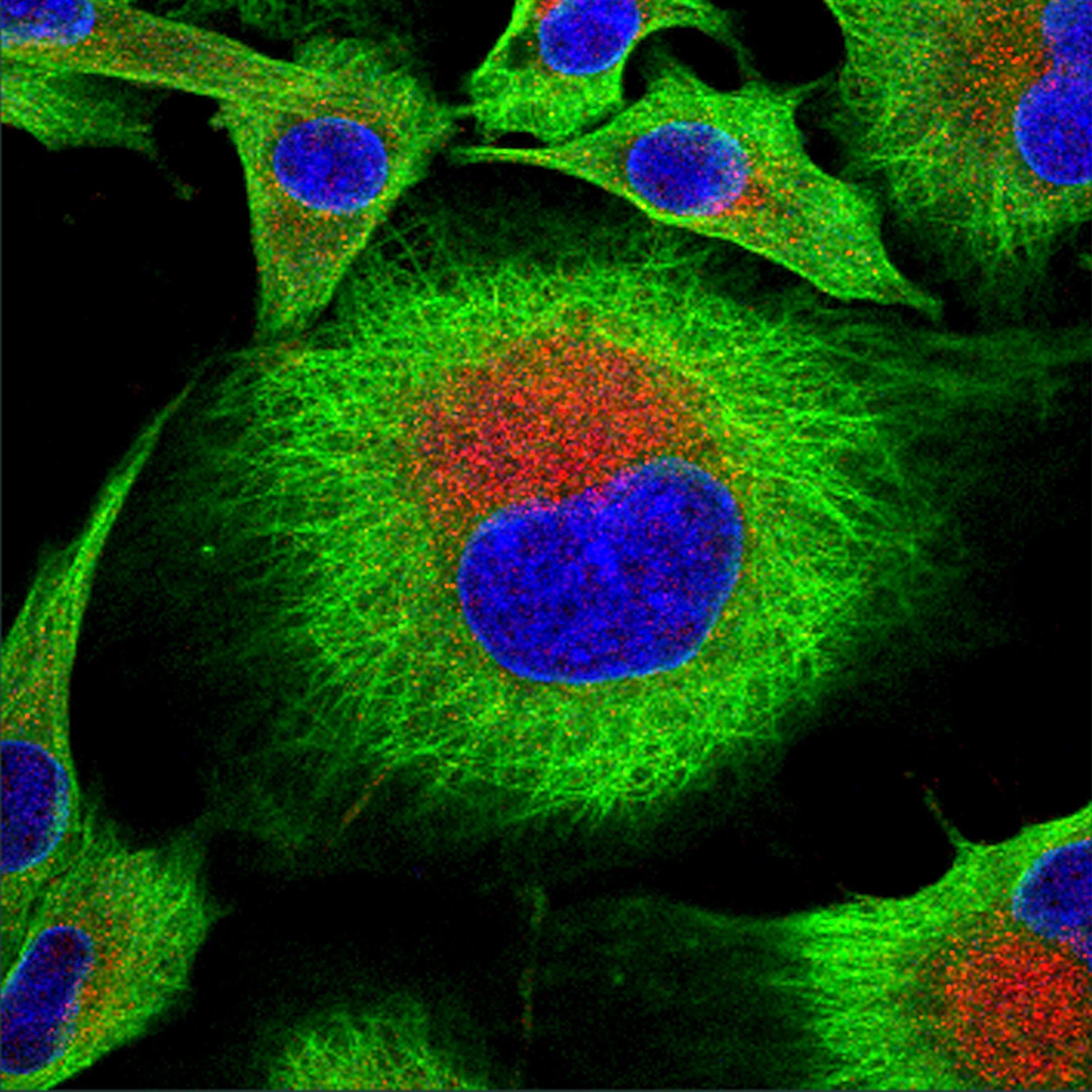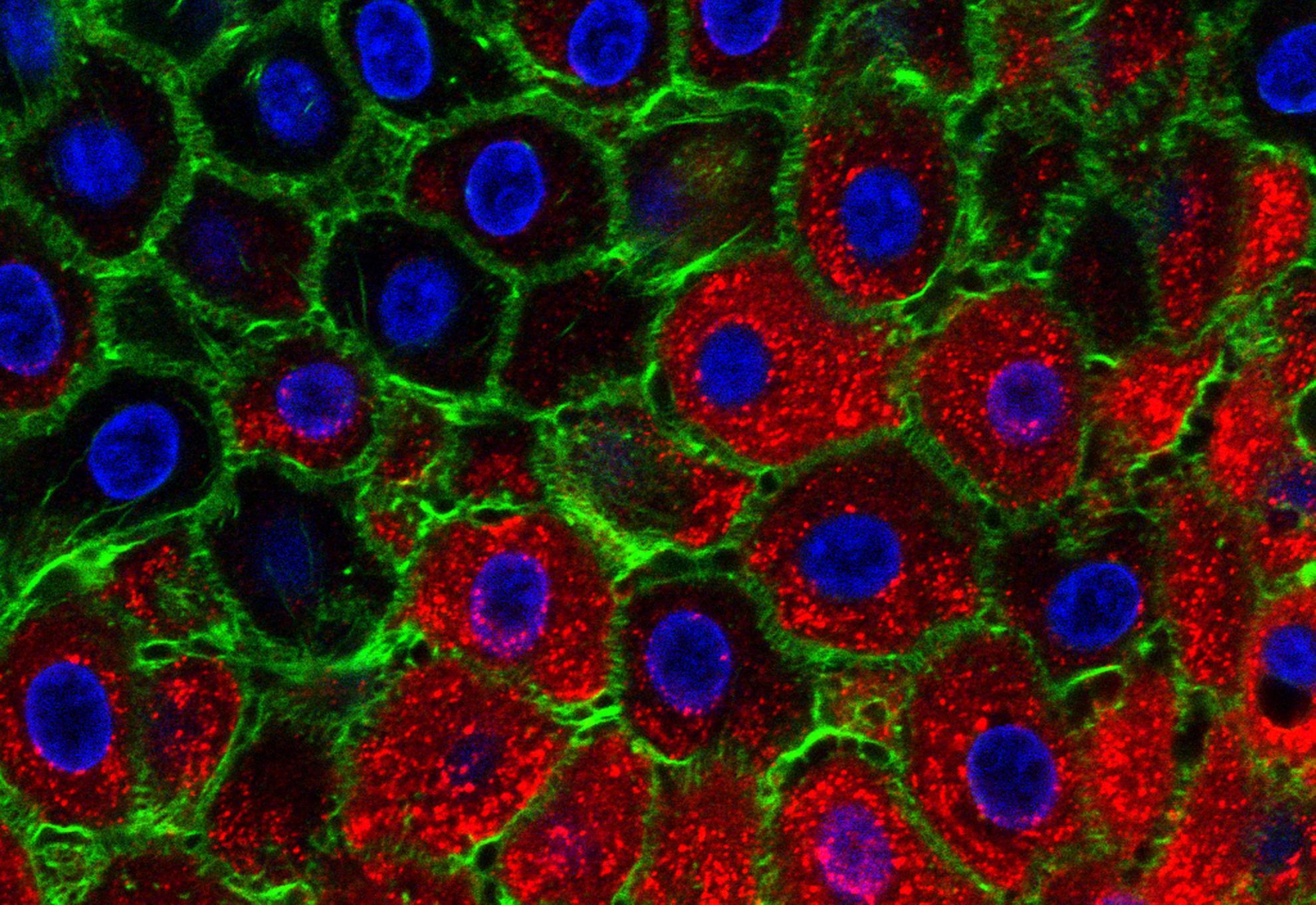The selection of naturally stable candidate foot-and-mouth disease virus vaccine strains for East Africa
Foot-and-mouth disease (FMD) is a global burden on the livestock industry. The causative agent, FMD virus (FMDV), is highly infectious and exists in seven distinct serotypes. Vaccination remains the most effective control strategy in endemic regions and current FMD vaccines are made from inactivated preparations of whole virus. The inherent instability of FMDV and the emergence of new strains presents challenges to efficacious vaccine development. Currently, vaccines available in East Africa are comprised of relatively historic strains with unreported stabilities. As an initial step to produce an improved multivalent FMD vaccine we have identified naturally stable East African FMDV strains for each of the A, O, SAT1 and SAT2 serotypes and investigated their potential for protecting ruminants against strains that have recently circulated in East Africa. Interestingly, high diversity in stability between and within serotypes was observed, and in comparison to non-African A serotype viruses reported to date, the East African strains tested in this study are less stable. Candidate vaccine strains were adapted to propagation in BHK-21 cells with minimal capsid changes and used to generate vaccinate sera that effectively neutralised a panel of FMDV strains selected to improve FMD vaccines used in East Africa. This work highlights the importance of combining tools to predict and assess FMDV vaccine stability, with cell culture adaptation and serological tests in the development of FMD vaccines.

